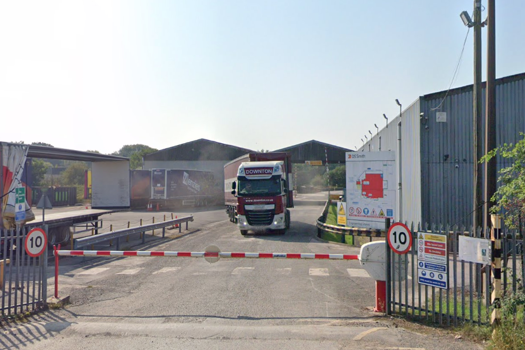Run-off from livestock waste is believed to be polluting the soil around the area, creating build-ups of phosphate, which is a health hazard and has a negative impact on tourism due to its unpleasant appearance and putrid smell.
Two years ago, Favini commissioned a third party to collect the algae from the beaches and dry it, making it easier to transport to its Venice factories. Two hundred tonnes of French algae have been collected since the scheme began, of which 5-10% is retained through the drying process to be used as flour for Alga Carta paper.
The Shiro Alga Carter paper accounts for approximately 5% of Favini’s product portfolio, but is its most significant innovation, according to the company, due to the "fashion of environmental awareness and alternative material sourcing".
Alga Carta paper is used globally, the main clients being graphic design and luxury packaging businesses, including large sunglasses and cosmetic brands, and is distributed in the UK exclusively by Kent-based Fenner Paper.
Favini began the process in Venice in 1992 in an attempt to recover lagoons from severe pollution resulting from agricultural and industrial waste. Eventually, the government improved sewerage and, although Favini still sources a small amount of algae from the area, the company was forced to look for resources elsewhere.
Favini group operations manager Chris Brown said: "The problem on the Brittany and Normandy coast, especially in September, got so bad that horses were dying on the beach. We hope for the French public that the problem is resolved quickly, but in reality, it is going to be many years before that happens."
Brown believes that the company has many more opportunities across Europe for resourcing algae should the problem in Brittany subside, but said it was much more widespread than is publicly perceived.
He added that China would be a huge market for the company due to the high level of pollution creating algae blooms in the sea near Shanghai, but the lack of infrastructure to transport the patented product back to the Venice mills is not in place to utilise the resource yet.









